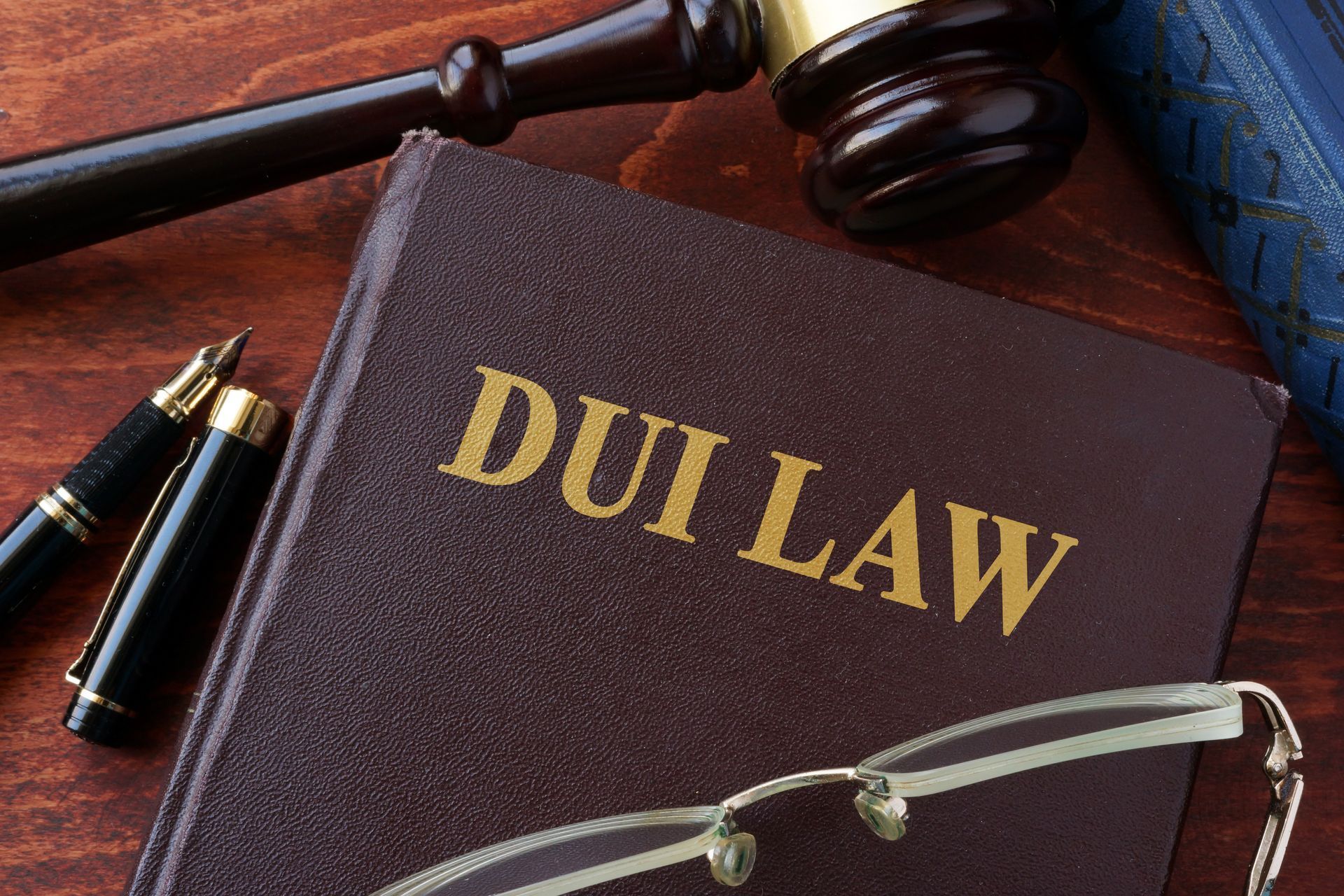What Happens to Personal Loans and Payday Loans in Bankruptcy in Ohio?
What Happens to Personal Loans and Payday Loans in Bankruptcy in Ohio?
Filing for bankruptcy can be a stressful and overwhelming process, especially when it comes to understanding what happens to personal loans and payday loans. If you live in Ohio and are considering bankruptcy, it is essential to know how these debts are treated under federal bankruptcy laws. At Steven J. Heimberger, Attorney at Law, we provide legal guidance to the Akron community to help you navigate this challenging time.
Personal Loans in Bankruptcy
Personal loans are considered unsecured debts, which means they are not backed by collateral, such as a home or car. When you file for bankruptcy in Ohio:
- Chapter 7 Bankruptcy: Most unsecured debts, including personal loans, are eligible for discharge. This means that once your bankruptcy is complete, you are no longer legally required to repay them. However, your eligibility will depend on your income and the results of the means test.
- Chapter 13 Bankruptcy: Instead of immediate discharge, your personal loans may be included in a repayment plan that lasts three to five years. After completing the plan, any remaining qualifying balances are discharged.
Personal loans from friends, banks, or online lenders typically fall into this category. While bankruptcy can provide relief, remember that it may impact your credit for several years.
Payday Loans in Bankruptcy
Payday loans can be especially burdensome due to their extremely high interest rates. Like personal loans, payday loans are generally unsecured debts, which means they can also be discharged in bankruptcy. Here’s how it works:
- Chapter 7: Payday loan balances are usually wiped out after the case is complete.
- Chapter 13: Payday loans are rolled into your repayment plan, and any unpaid balance after your plan ends is typically discharged.
However, there are some important caveats. If a payday lender claims you took out the loan fraudulently—such as borrowing without the intent to repay—they may challenge the discharge. Having experienced legal representation can help address these issues effectively.
Why Consult a Bankruptcy Attorney?
Bankruptcy law is complex, and missteps can lead to delays or denials of discharge. An attorney can:
- Evaluate which type of bankruptcy is right for you.
- Protect you from aggressive collection actions.
- Ensure that personal and payday loans are properly addressed in your case.
At Steven J. Heimberger, Attorney at Law, we help Akron residents find relief from debt through personalized bankruptcy strategies.











